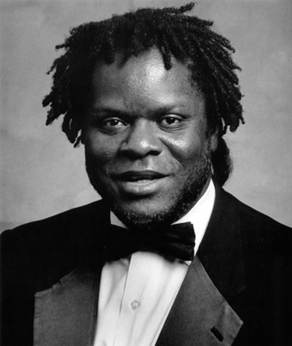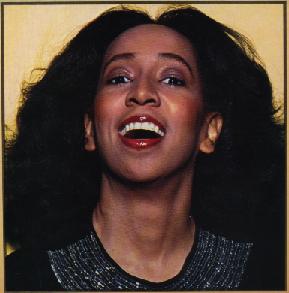“Most of us know that this music is profound; even apocalyptic at times. However, it is so often approached on such a casual social and commercial level, we tend to ignore and overlook the stirrings within our souls and the voices of our ancestral ‘spirits’ that remind us of the fact, that there is a revelation of certain prophetic dimensions inherent in this music.”–Doug Carn

This is a songbook definition of classic. Uno: the whole album is great. Two: Doug Carn’s arrangement and the musicianship are first rate. Tatu: the lyrics are poetry. Yet, all of that great goodness is surpassed by the job that Jean Carn does as the featured vocalist.
In the Fifties, Billie Holiday, Sarah Vaughan, Dinah Washington, Carmen McRae, Ella, and others following in their wake, mostly re-interpreted popular American songs: Tin Pan Alley, Broadway show tunes, and movie music. By the force of their creativity, they turned otherwise second-rate songs into standards. In fact, jazz musicians created the ‘standard.’
Then came the Sixties. A revolution. And of course the music was a hip reflector of the politics. Self determination. Jazz musicians wrote their own songs, not just new melodies fitted on top of pre-existing chord changes, as was the case with bebop and the morph from, for example, “Cherokee” to “Ko-Ko.” Under the influence of Trane, the object was not just to cover “My Favorite Things” but rather to express our own Love Supremes.
By the Seventies, we were bequeathed a body of original jazz music. Doug Carn’s genius was fitting lyrics to this new music. Additionally, this music was issued on the Black Jazz label, a self-determination effort of Black musicians to own and distribute their own music and not be dependent on the entertainment industry for production and distribution. The mid-Seventies were the high point of this social and musical movement. In the late Seventies and on into the early Eighties, Jean had a moderately successful career as a pop vocalist, but most of her subsequent recorded solo work is forgettable. And Doug never did come up with another vocalist to do what Jean does with his lyrics and arrangements. They needed each other to complete each other. Even though they both were talented, together they were exquisite. Elegant. But you know, disco wasn’t hearing none of that.
Anyway, it’s the combination of Doug’s lyrics and Jean’s vocals that makes this iconic early Seventies jazz record so moving.

On the title cut, Jean’s breath control and dynamic range are astounding. So rich, so supple, this is the art of the jazz ballad: from expertly hit high notes to a hushed closing that is so tenderly voiced it could well be the last words of a mother who has just put her child to sleep. “Infant Eyes,” now a staple jazz ballad, is a Wayne Shorter composition. There are hundreds of recorded versions of “Infant Eyes,” however Doug and Jean Carn outshine them all. Listen. Just listen. And if you can get to the album, listen to everything (especially Michael Carvin’s drumming and George Harper’s tenor and flute work).
